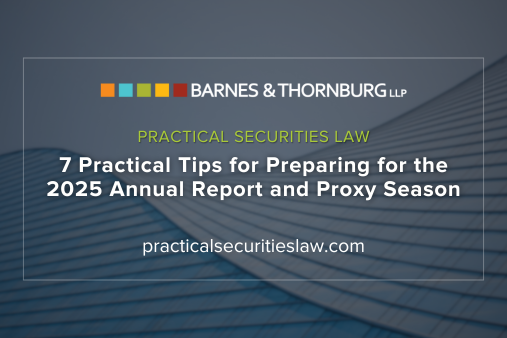In an en banc decision, Garcia v. Google, No. 12-57302 (9th Cir. 2015), the Ninth Circuit overturned a highly controversial panel decision that enjoined Google from displaying the anti-islamic video that was purported to have started the Benghazi riots. The full Circuit ruled that the district court had not erred in refusing to grant an injunction and that the plaintiff’s claims, which sounded only in copyright, did not warrant an injunction despite the death threats that she had received as a result of the video.
At the district below, plaintiff Cindy Lee Garcia, requested the court to enjoin further publication of the video Innocence of Muslims, on the basis that her five-second performance gave rise to a protectable copyright authorship claim. The video had received widespread attention when it was linked to violent protest in Libya including the riots that eventually toppled the U.S embassy in Benghazi. The court was sympathetic but found no basis in copyright law to provide an injunction.
The full Ninth Circuit overturned a panel decision penned by Justice Alex Kozinski, which issued an injunction and prior restraint on any publication of the video. The court began by examining the Winter factors necessary for a preliminary injunction (Winter v. NRDC, 555 U.S. 7, 24 (2008)). In addressing the first factor (likelihood of success on the merits), the court found that because the plaintiff was the not the author of either the script or the video itself, her claim rested on her interest in her five-second cameo alone. The court found that her performance in the video – like most performances in movies – was a small, indistinguishable part in a unified whole and that copyright law does not “allow a copyright claim by an individual actor or actress in his or her performance contained within a motion picture.” The court worried that the plaintiff’s theory would result in splintering copyrights in motion pictures into a “copyright of thousands.” Moreover, the plaintiff was not the party who fixed her performance to a tangible medium, as required for copyright protection.
The court also addressed the second Winter factor (irreparable harm). Although the court took the plaintiff’s claims of death threats seriously, the court noted that such harms did not “stem from copyright . . . her legal interests as an author” (emphasis original). Rather, copyright protected a “commercial interest.” The emotional distress she suffered was untethered to any interest in copyright; quite the opposite as she was attempting to remove all evidence of the film not commercially exploit it.
Garcia should act as a warning to individuals seeking to use copyright law to enjoin speech without a proper copyright purpose. The Ninth Circuit made clear that copyright law does not include a “right to be forgotten.” And, while the court sympathized with the plaintiff’s plight, she articulated neither a copyright interest nor a justifiable copyright harm required to issue an injunction. The court reaffirmed that preliminary injunctions are an extraordinary remedy that should only be issued in extreme cases.
For more information, contact the Barnes & Thornburg attorney with whom you work or a member of the firm’s Intellectual Property Law Department in the following offices: Atlanta (404-846-1693), Chicago (312-357-1313), Columbus (614-628-0096), Delaware (302-300-3434) Elkhart (574-293-0681), Fort Wayne (260-423-9440), Grand Rapids (616-742-3930), Indianapolis (317-236-1313), Los Angeles (310-284-3880), Minneapolis (612-333-2111), South Bend (574-233-1171), Washington, D.C. (202-289-1313).
© 2015 Barnes & Thornburg LLP. All Rights Reserved. This page, and all information on it, is proprietary and the property of Barnes & Thornburg LLP. It may not be reproduced, in any form, without the express written consent of Barnes & Thornburg LLP.
This Barnes & Thornburg LLP publication should not be construed as legal advice or legal opinion on any specific facts or circumstances. The contents are intended for general informational purposes only, and you are urged to consult your own lawyer on any specific legal questions you may have concerning your situation.
Visit us online at www.btlaw.com and follow us on Twitter @BTLawNews.










/Passle/6488d4630e7e25c9ac9f834a/SearchServiceImages/2025-01-10-22-16-01-995-67819c21f01b92931abcaac4.jpg)

